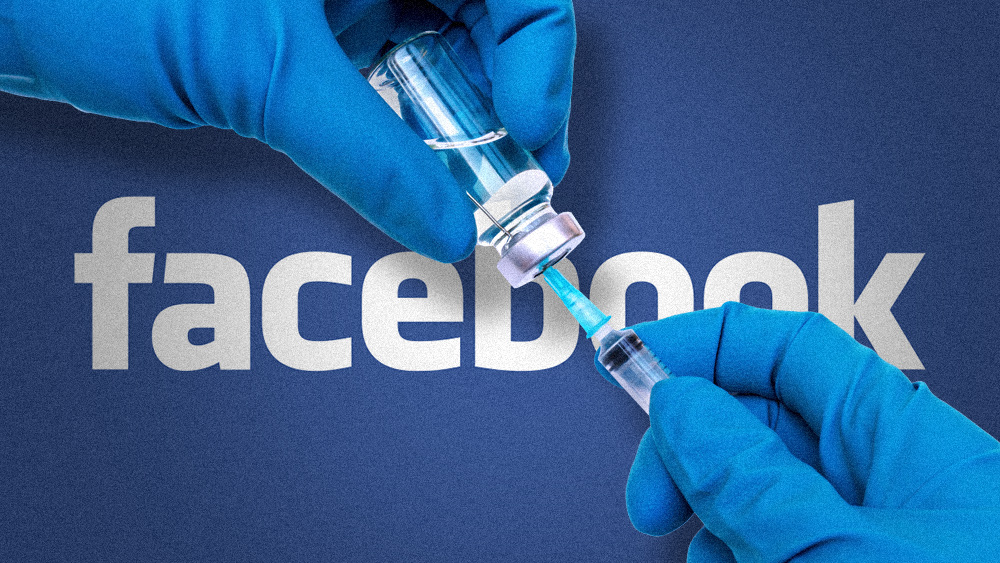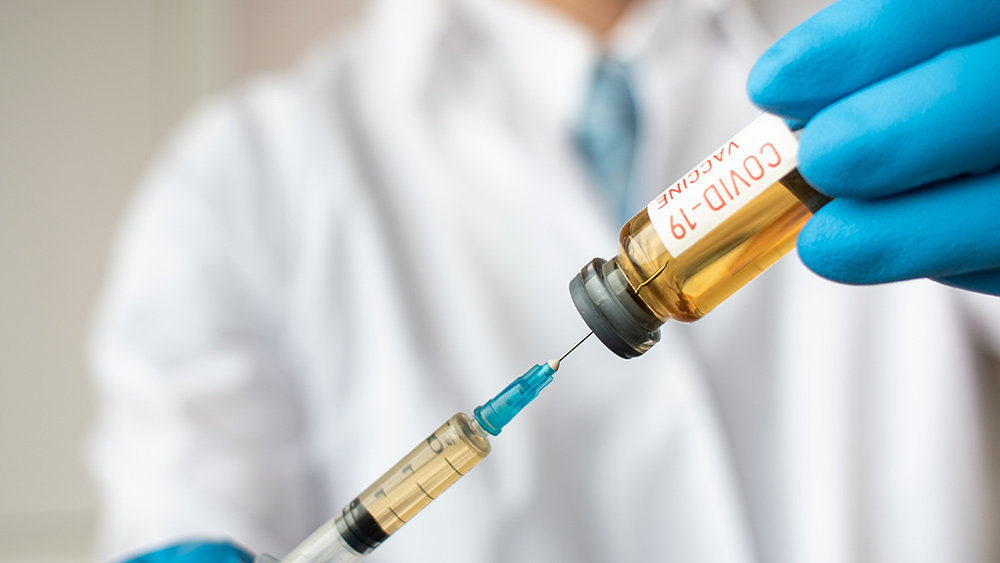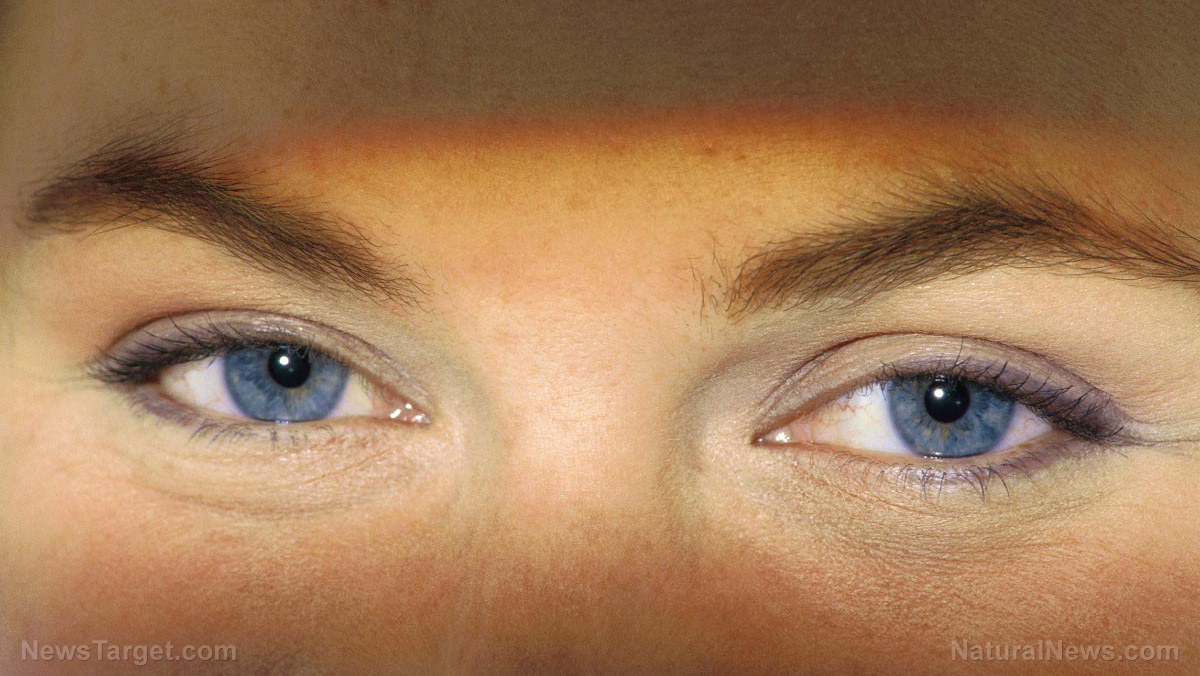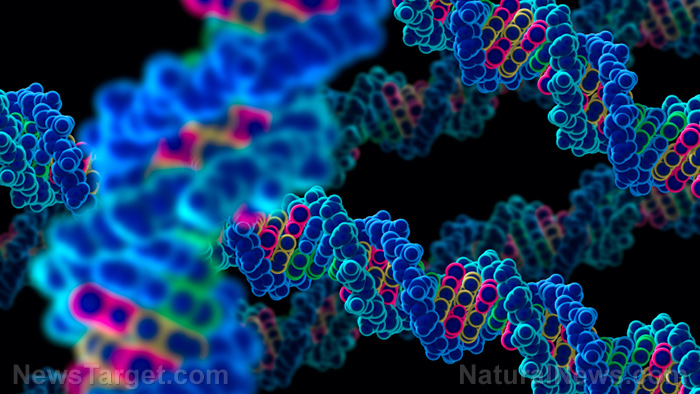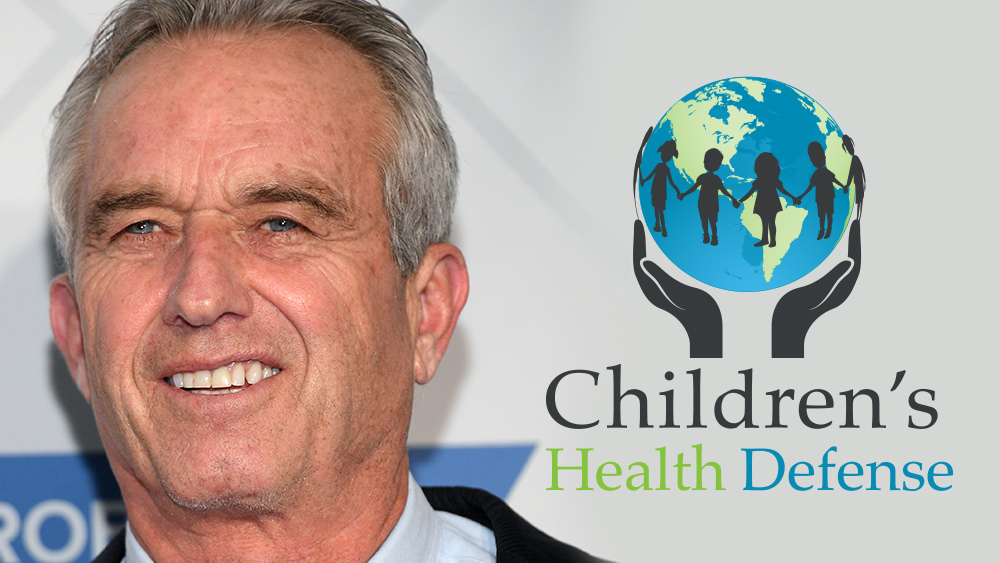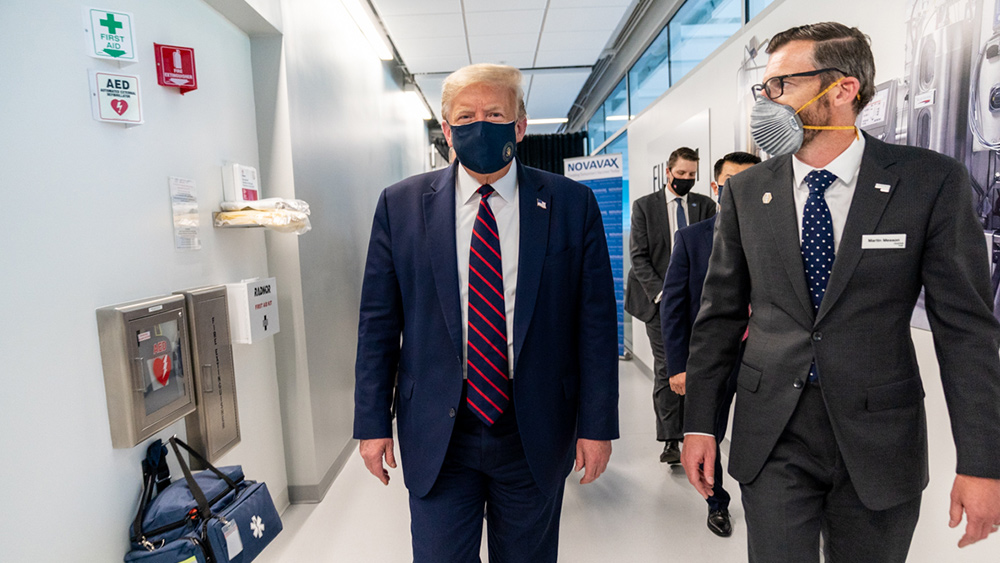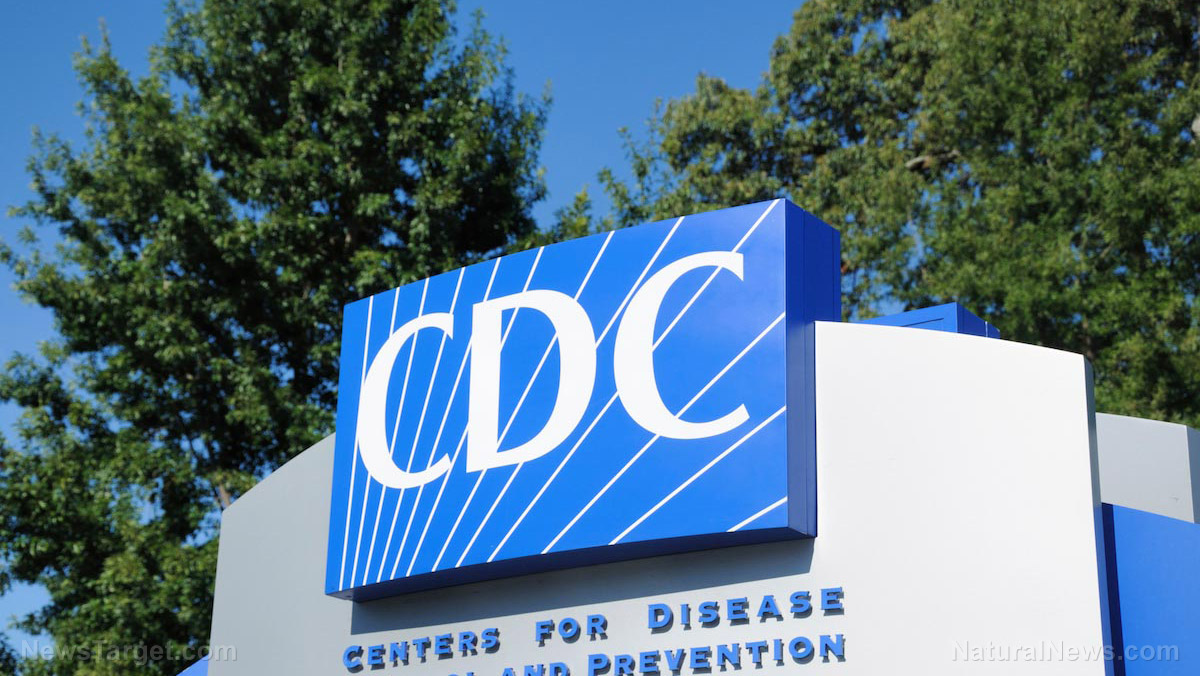Vitamin D supplementation can REDUCE cancer death risk by 16%, study shows
09/17/2020 / By Virgilio Marin

Vitamin D is best known for its role in bone formation. It helps the body absorb calcium and maintain phosphorus levels in the blood, both of which are vital to bone health. But latest research found that it also reduces the risk of dying from cancer.
A recent review published in the British Medical Journal analyzed studies on vitamin D supplementation. Researchers from the United States and China found that it reduces the risk of cancer-related death by 16 percent.
Vitamin D linked to reduced risk of cancer death
There are three sources of vitamin D: from one’s diet, from supplements and through sunlight exposure. In the case of the latter, the body naturally produces the micronutrient, leading to its moniker “the sunshine vitamin.”
The cancer-related benefits of vitamin D have been reported numerous times in the past. One of the first studies demonstrated a link between non-skin cancers and the levels of sunlight that fall in different geographic latitudes. According to its lead researcher, Frank Apperly, the sunlight gave “a relative cancer immunity.”
While Apperly’s study was largely ignored during its time, it was rediscovered later on and more studies on the link between cancer and vitamin D appeared. For instance, previous research proposed that vitamin D deficiency increases the risk of colon and prostate cancer.
For the current study, the researchers looked at 52 randomized controlled trials that compared the effects of vitamin D supplementation to those of a placebo or no treatment. About 7,450 participants were included in the studies.
Results showed that vitamin D supplementation reduced cancer death risk by 16 percent. The finding was particular to cancer-related death as all-cause mortality risk remained virtually unchanged after supplementation.
The researchers added that the reduced risk of cancer death was best observed among participants who took supplements of vitamin D3 — what the human body produces naturally upon exposure to sunlight. Vitamin D3 is also found in animal-based foods such as egg yolk and fish oil.
They recommended taking vitamin D3 supplements for at least three years to reap its benefit. They explained that among the trials that they examined, those that involved longer supplementation showed greater evidence for the cancer-related benefit of vitamin D3. (Related: The ‘D’-fensive Vitamin: Study Finds Vitamin D Sustains Life.)
“Another finding from subgroup analysis suggested that […] the benefit of reduced mortality was seen in trials with longer follow-up but not in those with a shorter follow-up. According to these findings, supplementation with vitamin D3 for at least three years should be considered,” wrote the researchers.
More studies on the anti-cancer benefit of vitamin D
Recent studies also found the link between reduced risk of cancer-related death and vitamin D supplementation.
In a recent study published in the Journal of Clinical Oncology, researchers looked at previous research that examined the use of vitamin D versus a placebo over at least three years. The studies included almost 80,000 cancer patients with an average age of 68.
They found that those who took vitamin D supplements for three years and more had a 13 percent reduced risk of cancer-related death.
“The difference in the mortality rate between the vitamin D and placebo groups was statistically significant enough that it showed just how important it might be among the cancer population,” said lead author Tarek Haykal of the Michigan State University and the Hurley Medical Center in Flint, Michigan.
In another study published in the New England Journal of Medicine, researchers randomly assigned half of 25,800 participants to vitamin D supplementation and the other half to a placebo. They were followed up for an average of five years.
The researchers found that cancer-related deaths in the vitamin D group were reduced by 17 percent compared to the placebo group. When participants had been taking vitamin D for more than two years, deaths were reduced by 25 percent.
These findings illustrate that vitamin D can help reduce the risk of dying from cancer.
Learn more about the anti-cancer effects of vitamin D at VitaminD.news.
Sources include:
Tagged Under: alternative medicine, anticancer, cancer cures, cancer treatment, disease treatments, food cures, food is medicine, longevity, natural cures, natural medicine, nutrients, vitamin D, vitamin d3



